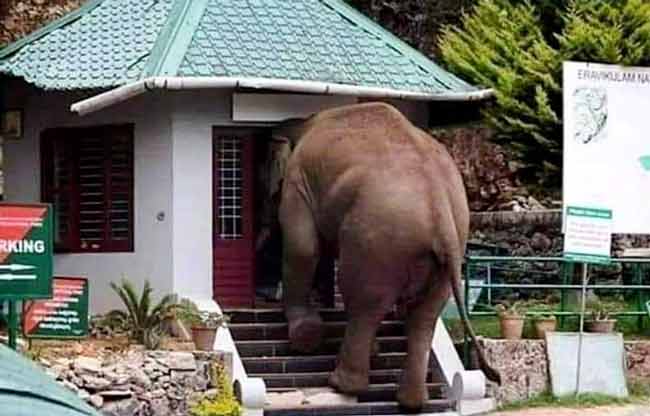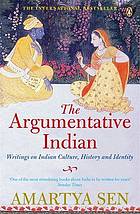The adivasi women of Edamalakudi, Kerala’s remotest panchayat, have formed a headload workers’ group, helped light up their villages with solar power, and practice group farming in wild elephant territory. All are Muthavan tribals. Almost all are members of Kerala’s extraordinary anti-poverty and gender justice movement – Kudumbashree. They are also neighbours of Chinnathambi, the keeper of the Wilderness Library. pic: Madhuraj, Mathrubhumi Weekly […]
When the village panchayat acted – partly under their prodding – to try and reach solar power to all, these women took on the task. They picked up and brought the panels, each weighing up to 9 kilograms, across hostile, hilly, up-and-down terrain between Pettimudi and here. On foot. There is no other way to reach Edamalakudi, Kerala’s first tribal panchayat, in Idukki district. They had formed a ‘Chumattu koottam” (headload workers group), riling local male porters who had enjoyed a monopoly over such work. […]
But the Kudumbashree or ‘CDS’ groups of Edamalakudi do far more challenging things. They practice ‘group farming’ in small plots. They are focused on food crops and, in those, on organic farming. They also practice shifting cultivation. “No, we use no chemical fertiliser.” Also “We have not cut any trees.” […]
A shorter version of this story was carried by BBC News (Online) in English and in Hindi. A Malayalam version ran first, in the Mathrubhumi Weekly
Source: Solar panels & solidarity | P. Sainath
Address : http://psainath.org/solar-panels-solidarity/
Date Visited: Mon Jun 16 2014 20:22:10 GMT+0200 (CEST)

Photo courtesy Davidson Sargunam >>

“The smart boy or clever girl who is deprived of the opportunity of schooling, or who goes to a school with dismal facilities (not to mention the high incidence of absentee teachers), not only loses the opportunities he or she could have had, but also adds to the massive waste of talent that is a characteristic of the life of our country.” – Nobel Awardee Amartya Sen in The Argumentative Indian (Penguin Books, 2005), p. 344
Tips: Tribal Children’s Right to Education | Find this and other books published in India | Video documentary on the Lifeworld of an Enlightened Villager | Related posts about Childhood | Childrens rights: UNICEF India | Safe search >>
“Cover Your Country” by PARI: Rural people speak about their lives through photos, narratives, film, and audio materials | RuralIndiaOnline.org >>
See also
Biodiversity and development – Kerala
Childhood – Kerala | Childrens rights: UNICEF India | Safe search
Childrens rights: English or Malayalam (UNICEF India)
eBook | Background guide for education
Education and literacy | Right to education
Kerala | State wise ST list (Scheduled Tribes)
Recommendations by the Expert Committee on Tribal Health
Tribal schools and educational projects – Kerala
Video | M.S. Swaminathan on Biodiversity and the sharing of resources
Video | Trailer to “Have you seen the arana?” – Kerala
Vulnerable tribal groups – Kerala
Women | Safe search | President Droupadi Murmu on women’s empowerment
Tips for using interactive maps
Toggle to normal view (from reader view) should the interactive map not be displayed by your tablet, smartphone or pc browser
For details and hyperlinks click on the rectangular button (left on the map’s header)
Scroll and click on one of the markers for information of special interest
Explore India’s tribal cultural heritage with the help of another interactive map >>